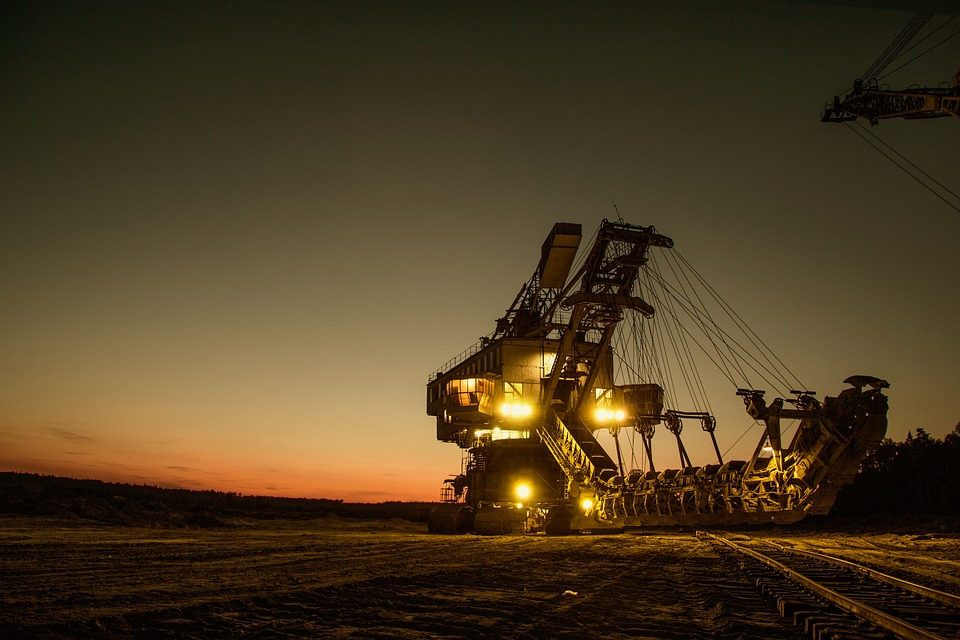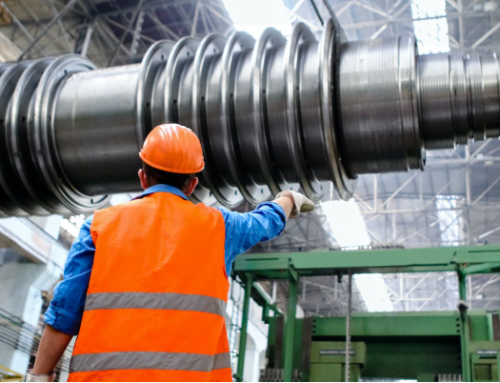Some workplace conditions are inherently dangerous for employees due to the nature of their job descriptions. Perhaps they work with heavy equipment or stay in the presence of dangerous chemicals. In some cases, they may be working in a restricted area, which can increase their risk of severe injury and even death.
This is why confined space training is mandatory because it helps employees identify the risks involved when working in restricted and confined spaces. Many fatalities can be prevented by providing employees with sufficient training. Studies suggest that a lack of knowledge in confined spaces is a major cause of accidents and fatalities.
If your business requires employees to work in confined environments, it is necessary to have them undergo confined space training for their safety and to protect the reputation of your business. In general, workers need training if they:
- work or enter confined spaces for both short and long periods of time
- undertake hazard identification when working in confined spaces
- implement the risk control measure
- issue entry permits
- monitor conditions where work is being carried out
- act as a standby person with workers in a confined space
- buy equipment for confined space work
- observe workplace conditions
- design work areas that include confined spaces
Unfortunately, you cannot stop all workspace-related accidents. You can, however, take measures to reduce the chances of injuries and death from occurring. Here are a few reasons why businesses in Vancouver need confined space training.
Helps them Identify Various Risks in the Workplace
Confined spaces have a high presence of toxic substances that often require specialized equipment to detect. By undergoing adequate confined space training, workers can minimize their risk of exposure to these hazards and report them to their supervisors. Common hazards in confined spaces include:
- Dangerous contaminants in the air, such as the buildup of hydrogen sulfide in sewers from solvents, cleaning solutions, and adhesives.
- Toxic levels of oxygen (perhaps because the oxygen is released by gases created due to chemical processes such as methane in sewers
- Fire and explosion (fire and explosions are likely to occur in the presence of an ignition tool such as an electrical device or even static on a worker as they enter a confined space containing flammable substances)
Handling Emergencies
It is important for workers to know how to respond in a serious emergency situation when working in confined spaces. Someone who hasn’t undergone confined space training may not know how to respond to an emergency such as an explosion or a gas leak. Confined space training teaches employees about staying calm in all situations.
In most cases, only trained employees are able to stay calm and composed in the face of danger. Knowing what steps to take and how to safely exit the dangerous environment is essential for workers.
Business Compliance
Most regulatory bodies require employees to undergo confined space training because they recognize the risks of working in confined spaces. Businesses have a legal and ethical obligation to meet these requirements to ensure that employees working in confined spaces have access to certificates and qualifications before starting work.
Confined space training also helps supervisors outline clear procedures in place to minimize the danger posed to employees. Engineers and designers of structures and equipment also have a duty to minimize entry into confined spaces. Whether you are a small business or a major corporation, it is important to sign up your workers for confined space training courses to ensure that your business complies with safety regulations in Vancouver.
Confined space training can go a long way in protecting your business from litigation, fines, and public criticism.
Increase Your Savings in the Long Run
Worker safety and profits are two of the most important priorities for businesses. The good news is that businesses can maximize both by ensuring that their employees are adequately trained to work in confined spaces. This will save them money in the long run by avoiding accidents.
This is because accidents in the workplace can result in several costs to businesses, either due to sick leaves or even litigation costs in worst-case scenarios. Spending a small amount in confined space training and First Aid Level 3 courses for each worker will save you millions in the long run.
Industry Specific Training
Anyone who works in conifer spaces should undergo industry-specific confined space training to improve their knowledge and skills. Let’s take a look at a few examples of industries where confined space training is necessary:
- Construction: Construction workers may work in trenches, crawl spaces, and drainage pipes, which can increase their risk of injury and death.
- Mining: The mining industry often requires workers to spend long hours in confined spaces.
- Manufacturing industry: Workers are required to work in the presence of toxic chemicals and substances, such as volatile products, plastics, and sealants, in confined spaces.
- Food industry: Every now and then, employees in this industry are required to complete tasks in a partially enclosed area that could expose them to injury.
Help Employees Use Specialized Equipment
All employees should be given safety equipment when working in confined spaces. This includes high-visibility clothing, headlights, and helmets, among others. Furthermore, employees should know how to test the environment in a confined space.
Due to poor ventilation, the confined space may have dangerously low levels of oxygen. Confined space training teaches employees how to use breathing equipment when working in a confined space.
Thus, confined space training helps employees in handling various equipment to maximize their safety, including lighting equipment, oxygen monitors, and ventilation fans, among others.
Improve Leadership Skills
It is worth enrolling employees in confined space training courses to foster their leadership skills and boost their skill set while improving your bottom line. By getting familiarized with different toxic gases and dangerous equipment and navigating through risky environments, the benefits of confined space training can help the rest of the workforce.
Confined space training can increase safety for your workers and the entire business.
Ready to minimize your risk of working in confined spaces? Sign up your employees for confined space training courses by experienced and qualified professionals at Metro Safety. Click here for more information.







